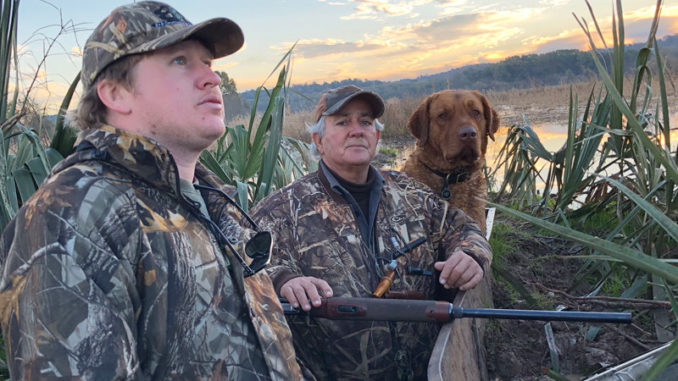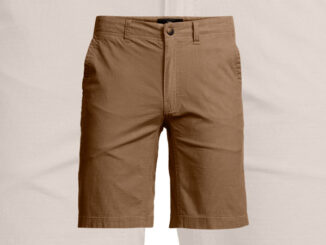
Work ahead of hunts prevents headaches in the blind
Duck hunters spend all year looking forward to the first day of the season, and there’s nothing worse than heading to camp and having everything go south.
Here are some steps to take that have helped Louisiana hunter Jeff DeBlieux ensure all he has to do is look down the barrel when that first flight of ducks drops into range:
Boat check
“Hunting the marsh, we almost all need a boat to hunt out of or to get to the blind,” DeBlieux said. “So, is the boat ready to go?”
He said the items to check include the boat itself, plugs, running lights, the battery, the fuel tank and lines, life jackets, paddle, push pole, trailer, tail lights, tires — pirogues if you are using one. “Make sure to follow your boat float plan that you left with a friend or family member,” he added.
Blind check
“We are hunting out of boat blinds or fixed blinds,” DeBlieux said. “So, did you pre-scout your blind location; and is your blind or boat brushed to match the existing terrain, set up for the sunrise and wind direction, tide range?
“You have to hide well, and the correct concealment is one of the most-important items. If the ducks can see you, they are not coming close.”
 The dekes
The dekes
“Have you checked your decoys since last year: strings weights and the tangled mess that you left in the decoy bag from the last day of the season last year?” he asked.
Shotgun
“Do not just pull out the gun from last year and the old shells the night before opening day,” DeBlieux cautioned. “Take your gun to the nearest sporting clay range and shoot a round or two to make sure it is working properly and you have a good feel of the proper lead.
“Also, make sure you have the correct steel-shot ammo. Make sure you have the proper chokes in your gun; shooting ducks in the decoys with your turkey choke makes it real hard to get a limit.”
Shell bucket, blind bag
Things you should have in your bucket or bag include the 2019 hunting pamphlet, so you know the bag limits and regulations, proper shells for your gun, duck calls, a flashlight that works, rain gear, a ThermaCELL, a can of Off, bottles of water, snacks, sunglasses, cell phone and a roll of toilet paper.
“Make sure you have all your hunting license, your HIP permit and a federal duck stamp — and do not forget to check your boots for any holes,” DeBlieux said. “That first step in the early morning water makes a long hunting day with a wet foot.”


